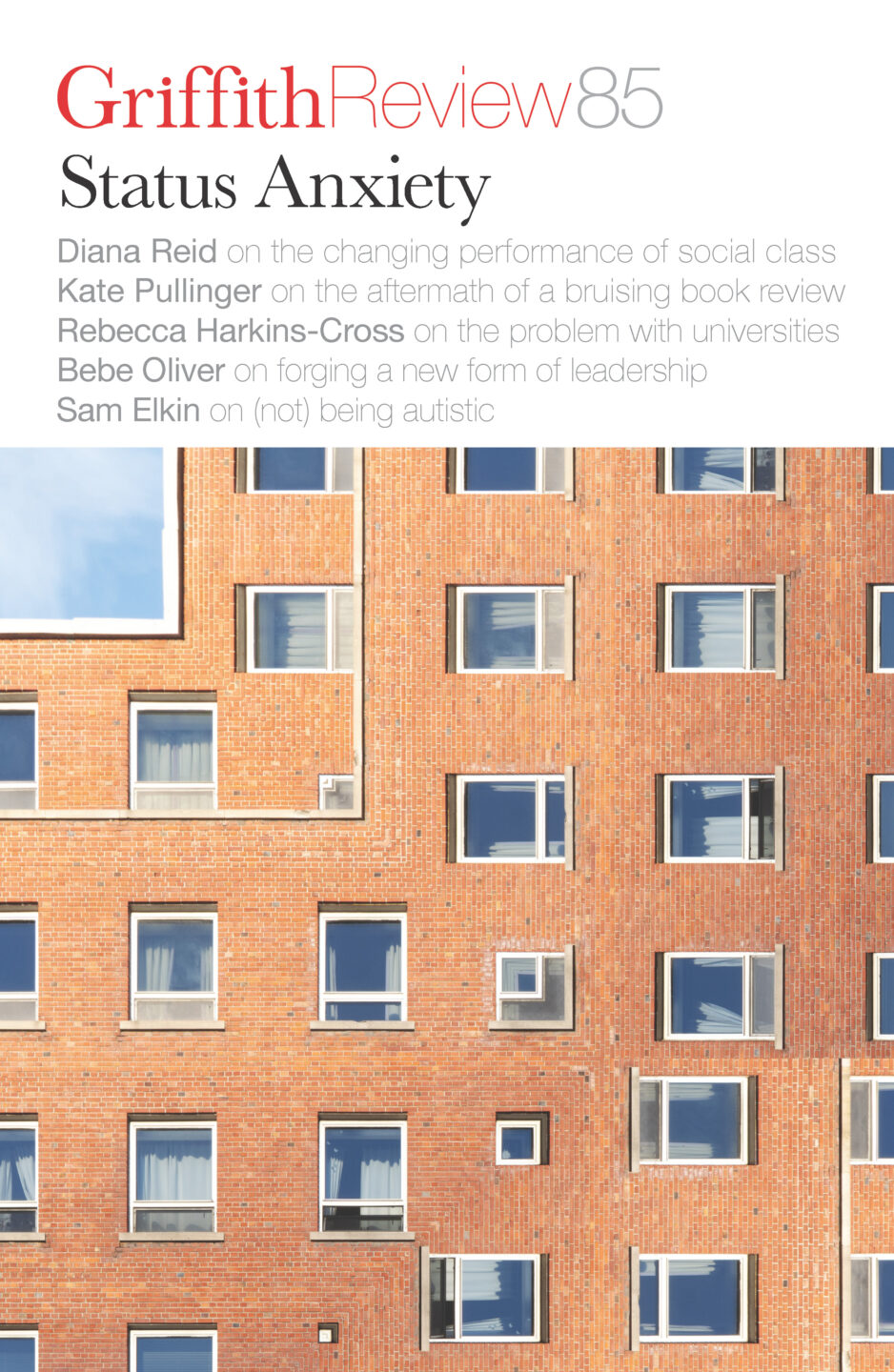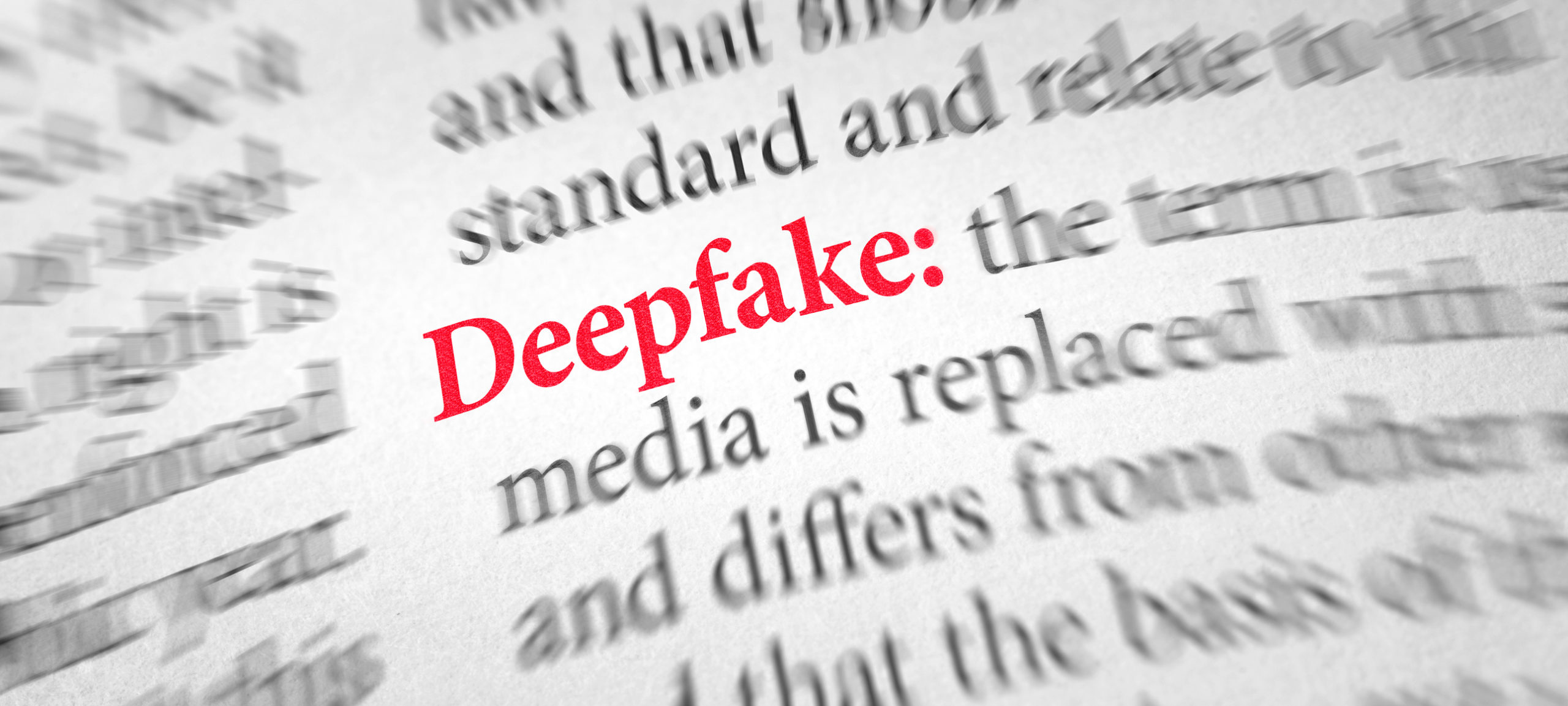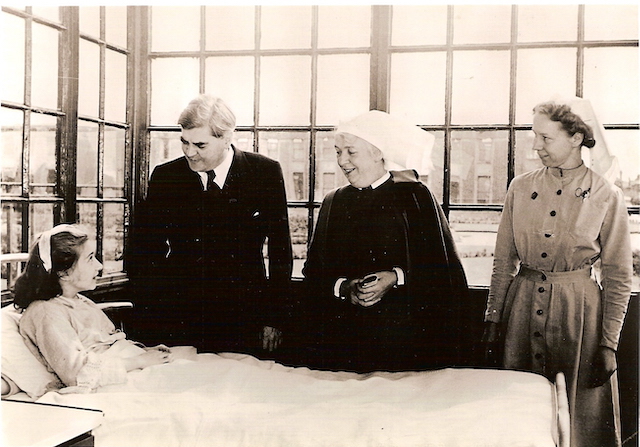Featured in

- Published 20240806
- ISBN: 978-1-922212-98-6
- Extent: 216pp
- Paperback, ePUB, PDF


Already a subscriber? Sign in here
If you are an educator or student wishing to access content for study purposes please contact us at griffithreview@griffith.edu.au
Share article
More from author

The future is hackable
Non-fictionDeepfakes point to a future that is simultaneously euphoric and apocalyptic: philosophers have positioned them as ‘an epistemic threat to democracy’, journalists have called them ‘the place where truth goes to die’, futurists have portrayed them as the digital harbinger of a mass ‘reality apathy’ in which even video will be a lie.
More from this edition

Healthcare is other people
Non-fiction IN 1977 A gastroenterologist named Franz Ingelfinger had cancer, a cancer that originated in his gastroenteric tract. He was perhaps the most informed patient...

High life
FictionWe’ve just finished one of the longest and hardest shifts of the year, and we are too tired to leave the building. It’s Christmas Eve, a 35-degree night, and we survived three dinner seatings while being two people down. We also all worked a double, and our staff meal was the butt ends of bread choked down with blood-temperature water while polishing cutlery. Every single person we served was tired, stressed, sick of spending money and not looking forward to seeing their in-laws. They also all wanted dressing on the side, no garlic and everything gluten free, but to also have multiple serves of the pasta of the day.

Joker in the pack
IntroductionStatus itself is a little like a riddle: a code to be cracked, a hand in which you can’t see all the cards. Unless you’re Batman, however, the stakes for solving riddles tend to be comfortingly low, whereas the pressures of deciphering status can occupy a far more consequential role in our lives (it’s all fun and games until somebody loses their cultural capital).